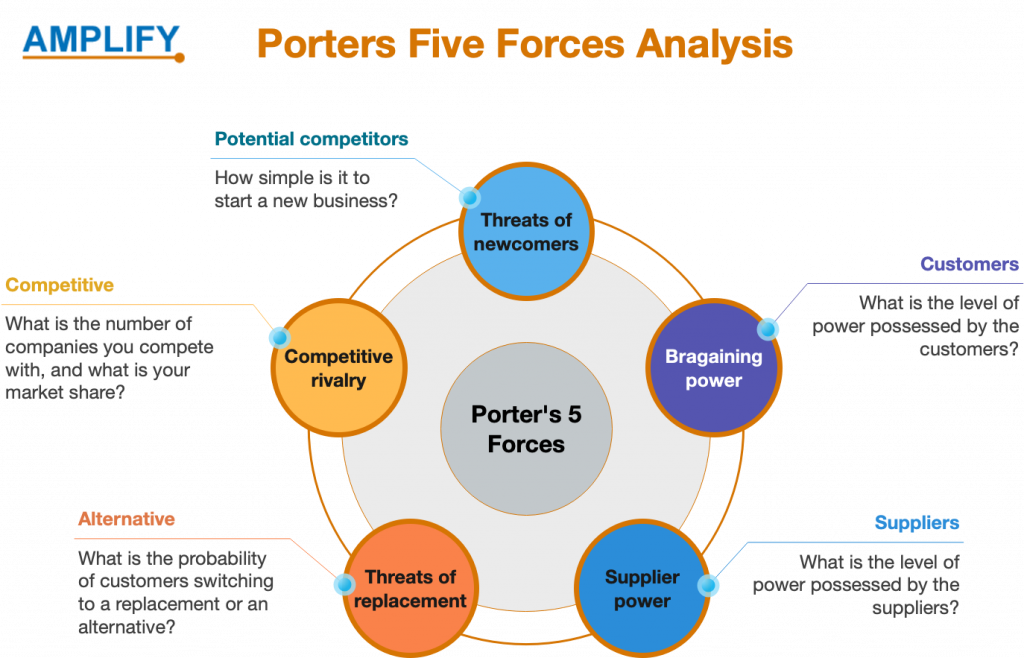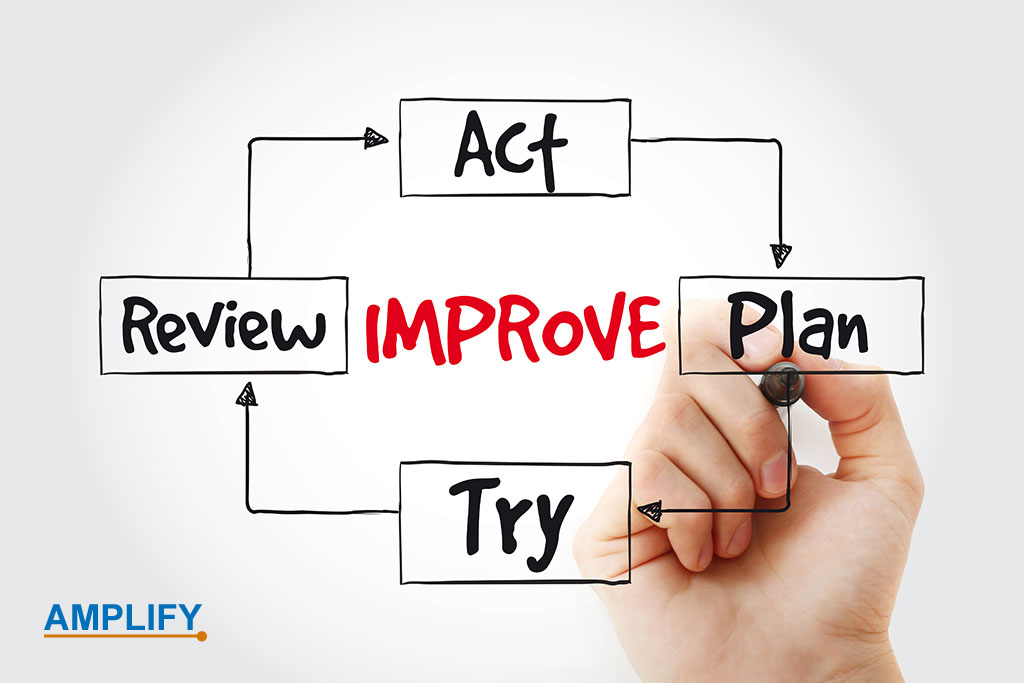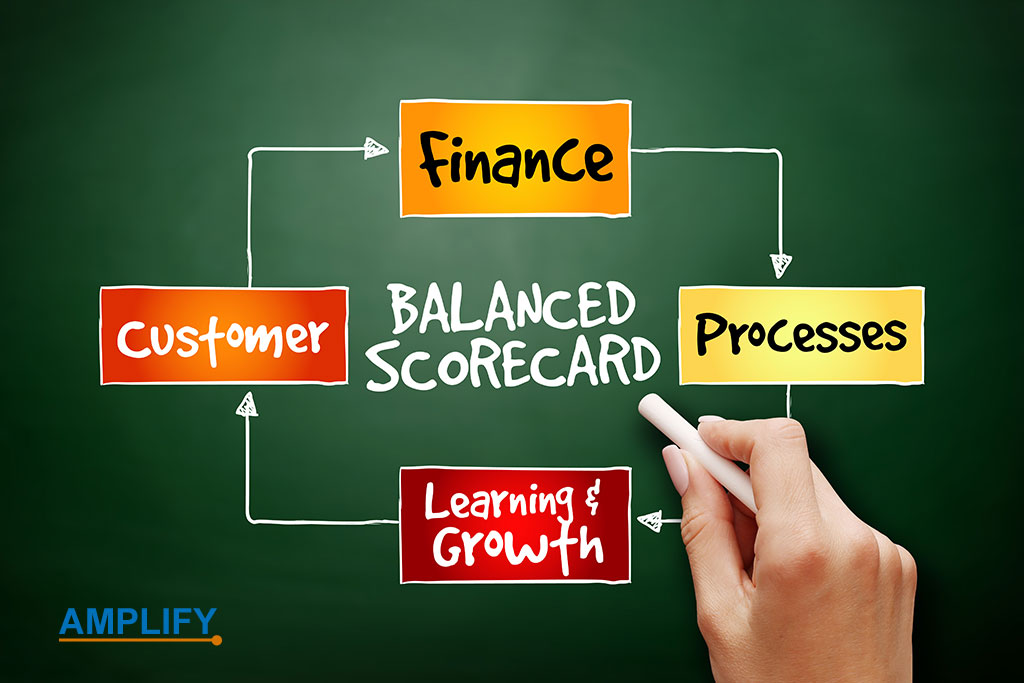As someone considering working with a co-founder, it’s essential to be aware of the potential challenges that may arise. Working with another person can be incredibly rewarding, but it’s challenging. Some common pitfalls include differences in communication styles or work ethics, conflicting visions for the company, and disagreements over decision-making. However, these challenges can be overcome with open and honest communication, a shared commitment to the company’s success, and a willingness to compromise. By taking the time to select a co-founder who shares your values and goals carefully, and by establishing clear expectations and boundaries from the beginning, you can set yourself up for a successful and fulfilling partnership.
Alignment of goals.
When working with a co-founder, having a shared understanding and alignment of your startup’s objectives and vision is crucial. Misaligned expectations, motivations, or priorities can save time and resources and ultimately distract you from achieving your goals. At the start of your collaboration, you must communicate openly with your co-founder and align your goals and vision. Our team can help you document your agreement and roles and review them regularly to ensure everyone is on the same page. Let’s work together to build a strong foundation for your startup’s success.
Ensure clarity and accountability.
Working with a co-founder might make it challenging to divide startup chores. If your talents overlap, you may compete for projects or overlook other business areas. If you have various skills, you may need to help each other or fill knowledge gaps. An assessment can help you find gaps and overlapping. Ammplfy can help you evaluate your talents and interests and assign projects to overcome these difficulties. We’ll promote mutual respect, independence, and expertise and assist you in delegating or outsourcing work. We’ll build a productive and successful system togethRr.
Resolving conflicts.
When you have different opinions working with your co-founder when you have different views, conflicts may arise due to varying ideas, perspectives, or working styles. While healthy competition can foster creativity and innovation, excessive friction can harm the relationship and the startup’s growth. To prevent this from happening, build a culture of trust and respect with your co-founder and prioritize open and honest communication. Additionally, establish a conflict resolution strategy, such as active listening to each other, seeking feedback, finding common ground, or seeking the assistance of a neutral third party if necessary.
Equity distribution.
When working with a co-founder, determining how to allocate the startup’s equity is a delicate and crucial decision. Equity represents the ownership and value of the startup and can impact the motivation, commitment, and alignment of co-founders. If the equity distribution is unequal or perceived as unfair, it can lead to resentment, dissatisfaction, or an imbalance in the partnership. It is essential to discuss and agree on the equity distribution with your co-founder early on, using objective criteria such as contribution, risk, and opportunity cost. To protect the startup from co-founders leaving prematurely, consider implementing a vesting schedule, which rewards equity over time based on continued involvement in the business.
Work-life balancing
As a co-founder, it’s easy to get caught up in the excitement of your startup and let work take over your personal life. However, maintaining a healthy work-life balance is essential for long-term success. Establishing clear boundaries and expectations with your co-founder is vital to avoid burnout and stress. Respect each other’s time off and encourage taking breaks to recharge. Along with scheduling regular vacations, hobbies, and social activities, prioritize mental and physical health by supporting each other in a healthy lifestyle. Remember, a balanced co-founder team leads to a more sustainable and successful startup.
Possible exit.
Plan ahead for the possibility of a co-founder leaving a startup, whether voluntarily or involuntarily, to reduce the risk of disruption and ensure a smooth transition. Discuss and agree on an exit strategy with your co-founder from the beginning and have a contingency plan in place, such as finding a replacement, buying out shares, or dissolving the partnership. The departure of a co-founder can have significant consequences for the startup, so it’s crucial to prepare for it.


















